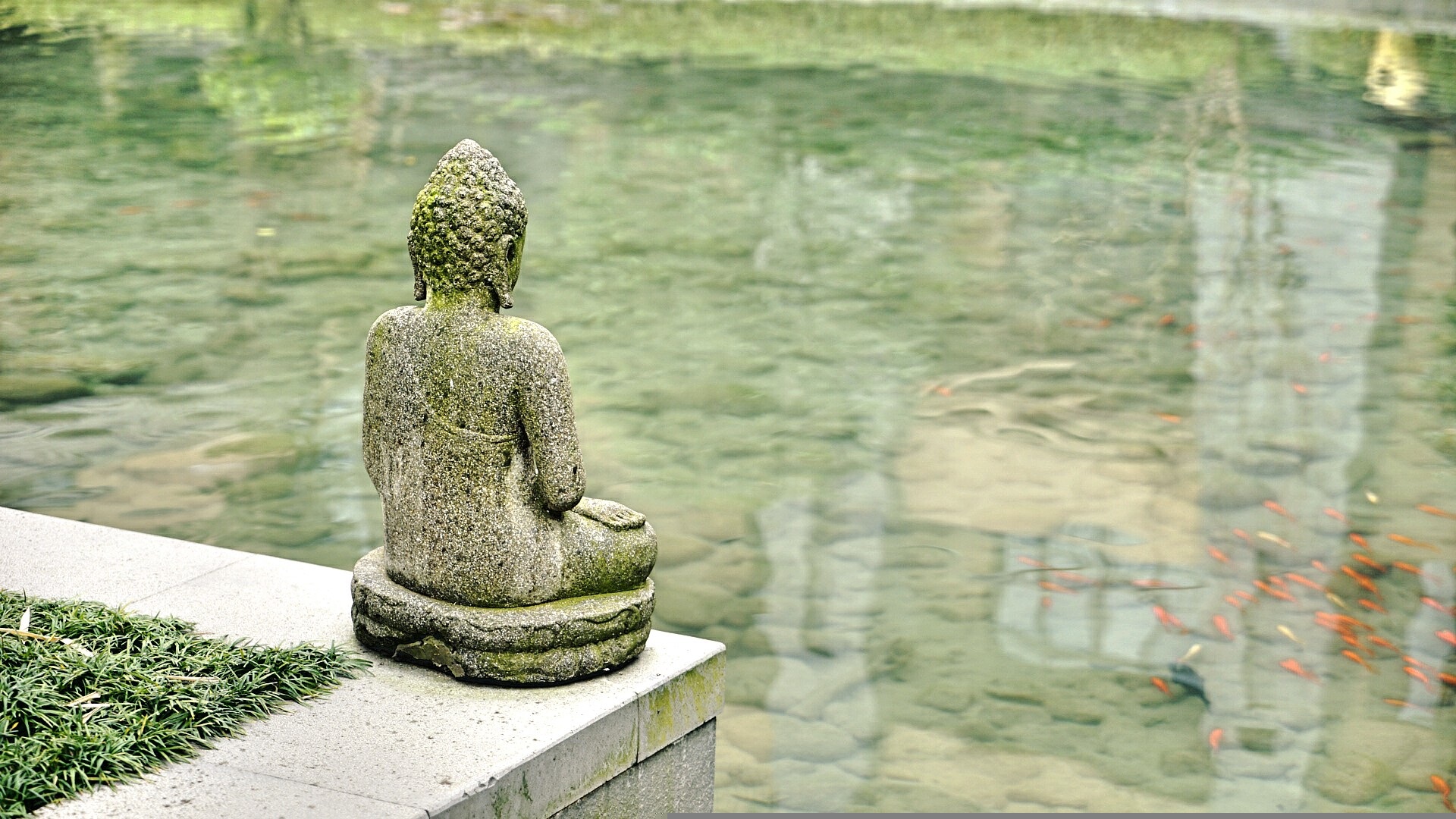Shanghai tightens security after anti-lockdown protests across China

SHANGHAI Shanghai authorities put up barriers on Monday around a city centre area where hundreds of people protested over the weekend against heavy Covid-19 measures, one of several demonstrations that have flared across the country.
From the streets of Shanghai and Beijing to university campuses, protesters made a show of civil disobedience unprecedented since leader Xi Jinping assumed power a decade ago to oversee the quashing of dissent and establishment of an extensive high-tech social surveillance system.
On Monday, the Shanghai streets where protesters gathered were blocked off with blue metal barriers, in what looked like a bid to prevent crowds gathering. Police in high-visibility vests patrolled in pairs, while police cars and motorbikes cruised by. Embed Twitter Tweet URL Shops and cafes in the area were asked to close, a staff member at one told Reuters.
Sunday saw people take to the streets in several major cities across China to call for an end to lockdowns and greater political freedoms, in a wave of nationwide protests not seen since pro-democracy rallies in 1989 were crushed.
We hope to end the lockdown, said 28-year-old Shi at a candlelight vigil in Beijing late on Sunday. We want to live a normal life. We should all bravely express our feelings.
Beijing on Monday blamed forces with ulterior motives for linking a deadly fire in the western Xinjiang region to strict Covid-19 measures.
Online posts circulating on both Chinese and overseas social media platforms have claimed that lengthy Covid-19 lockdowns in Urumqi hampered rescue attempts after the blaze on Thursday night.
In response to a question at a regular press briefing about the disaster, foreign ministry spokesperson Zhao Lijian said: On social media there are forces with ulterior motives that relate this fire with the local response to Covid-19.
A deadly fire last week in Urumqi, the capital of north-west Chinas Xinjiang region, has become a catalyst for public anger, with many blaming Covid-19 lockdowns for hampering rescue efforts.
But they have also featured prominent calls for greater political freedoms with some even demanding the resignation of Chinas President Xi, recently re-appointed to an unprecedented third term as Chinas leader.
Large crowds gathered on Sunday in the capital Beijing and Shanghai, where police clashed with protesters as they tried to stop groups from converging at Wulumuqi street, named after the Mandarin for Urumqi.
Crowds that gathered overnight some of whom chanted Xi Jinping, step down! CCP, step down! were dispersed by Sunday morning. Protests againsts China strict Covid restrictions have erupted in various cities, triggered by a tower fire that killed 10 people Xinjiangs capital, Urumqi. PHOTO: EPA-EFE But in the afternoon, hundreds rallied in the same area with blank sheets of paper and flowers to hold what appeared to be a silent protest, an eyewitness told AFP.
In the capital, at least 400 people gathered on the banks of a river for several hours, with some shouting: We are all Xinjiang people! Go Chinese people!
Reporters at the scene described the crowd singing the national anthem and listening to speeches, while on the other side of the canal bank, a line of police cars waited. More On This Topic China's protests over Covid-19 lockdowns spread to campuses and cities abroad Young women at frontline of Chinas sweeping Covid-19 protests State censors appeared to have scrubbed Chinese social media of any news about the rallies, with the search terms Liangma River, Urumqi Road sites of protests in Beijing and Shanghai scrubbed of any references to the rallies on the Twitter-like Weibo platform.
Videos, including those showing university students singing in protest and rallies in other cities have also vanished from WeChat, replaced by notices saying the content was reported for non-compliant or sensitive content.
The Weibo search for the hashtag #A4 a reference to the blank pieces of paper held up at rallies in a symbolic protest against censorship also appeared to have been manipulated, showing only a handful of posts from the past day. Boiling point In the capital, at least 400 people gathered on the banks of a river for several hours, with some shouting: We are all Xinjiang people! Go Chinese people! PHOTO: EPA-EFE Chinas strict control of information and continued travel curbs tied to the zero-Covid policy make verifying numbers of protesters across the vast country challenging.
But such widespread rallies are exceptionally rare, with the authorities harshly clamping down on any and all opposition to the central government.
Protests also occurred on Sunday in Wuhan, the central city where Covid-19 first emerged, while there were reports of demonstrations in Guangzhou, Chengdu and Hong Kong.
Spreading through social media, they have been fuelled by frustration at the central governments zero-Covid policy, which sees the authorities impose snap lockdowns, lengthy quarantines and mass testing campaigns over just a handful of cases. Remote video URL State-run Peoples Daily published a commentary on Monday morning warning against paralysis and battle-weariness in the fight against Covid-19 but stopped far short of calling for an end to hardline policy.
People have now reached a boiling point because there has been no clear direction to the path to end the zero-Covid policy, Mr Alfred Wu Muluan, a Chinese politics expert at the National University of Singapore, said. The party has underestimated the peoples anger.
Most of the frustration has been directed at zero-Covid policies.
We dont want masks, we want freedom. We dont want Covid tests, we want freedom, a crowd in Beijing chanted. AFP, REUTERS More On This Topic A timeline of Covid-19-related protests in China There is a way to end China's Covid-19 nightmare; question is the price Your browser does not support iframes, but you can use the following link: Link